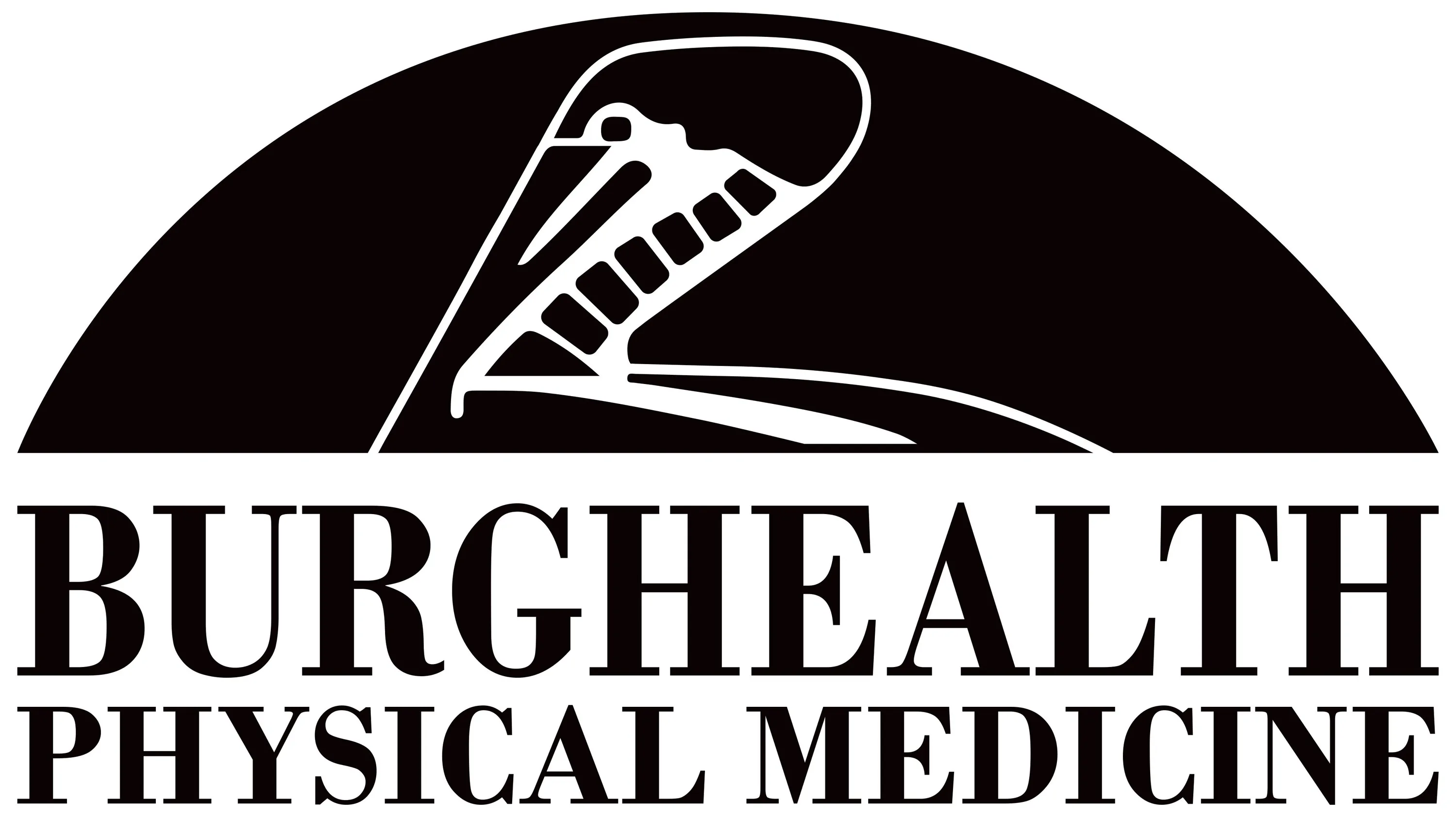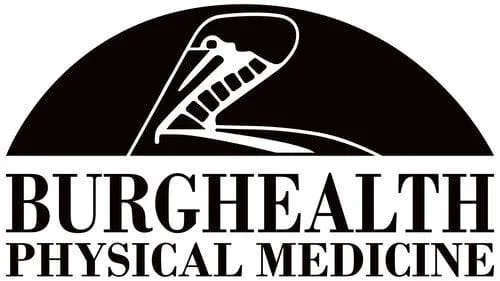Neuropathy, a term used to describe nerve damage, is also referred to as peripheral neuropathy. It occurs as a result of a disease in the peripheral nervous system and is often associated with diseases such as diabetes, infections, tumors, autoimmune diseases, and heredity conditions as well as other causes. Over 20 million people in the United States have been affected by neuropathy symptoms, but the good news is that steps can be taken to manage these symptoms through diet, lifestyle, and advanced care techniques. Keep reading to learn more.
What are the symptoms of neuropathy?
Because every nerve in the peripheral system has a specific job, the symptoms depend on the type of nerves that are affected. The different types of nerves include:
- Sensory Nerves: Nerves that receive sensations such as temperature, pain, vibration, or touch.
- Motor Nerves: Nerves that control the movement of muscles.
- Autonomic Nerves: Nerves that control functions such as blood pressure, sweating, heart rate, digestion, and bladder function.
Common symptoms of neuropathy that affect the sensory or motor nerves include:
- Gradual onset of numbness, prickling, or tingling in your feet or hands (This may gradually spread upward into the legs or arms.)
- Reduced range of motion of the legs and hands
- Sharp, throbbing, or burning pain
- Extreme sensitivity to touch
- Lack of coordination
- Muscle atrophy or spasms
- Paralysis
Symptoms of neuropathy that affect autonomic nerves include:
- Heat intolerance
- Bowel, bladder, or digestive issues
- Excessive sweating or the inability to not sweat at all
- Dizziness or lightheadedness caused by a decrease in blood pressure
What causes neuropathy?
From chronic health conditions to dietary risk factors, the nerve damage behind neuropathy can occur in a variety of ways. The most common include:
Diabetes: The most common type of neuropathy is diabetic neuropathy – a condition caused by poorly controlled blood sugar. In fact, this accounts for sixty percent of neuropathy patients!
Physical Trauma: Because the peripheral nervous system sends information from the brain and spinal cord to the rest of the body through motor nerves, any kind of physical trauma that affects the spinal cord can lead to neuropathy.
Cancer: Cancer patients undergoing chemotherapy treatments are often affected by neuropathy.
Dietary Risk Factors: Neuropathy can be caused by a deficiency in certain nutrients such as Vitamin B12 or too much of a nutrient such as Vitamin B6. Exposure to toxins in food such as high levels of mercury can also lead to neuropathy.
Alcoholism: Sixty-five percent of individuals diagnosed with alcohol-use disorder experience neuropathy.
Other common causes of neuropathy include autoimmune diseases, infections, metabolic problems, or heredity conditions.
Treating Neuropathy with Advanced Chiropractic Techniques
At Burghealth Physical Medicine, we have a proven track record of success in treating neuropathy through advanced care techniques and responsible pain management. The first step to healing is finding the root cause of the issue. Based on this diagnosis, our team of healthcare professionals will create a customized treatment plan that manages neuropathy symptoms, relieves pain, and improves range of motion.

